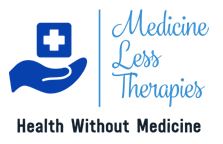The Origins of Naturopathy:
The principles of Naturopathy were first used by the Hippocratic School of Medicine in about 400 BC. The Greek philosopher Hippocrates believed in viewing the whole person in regards to finding a cause of disease, and using the laws of nature to induce cure. It was from this original school of thought that Naturopathy takes its principles.
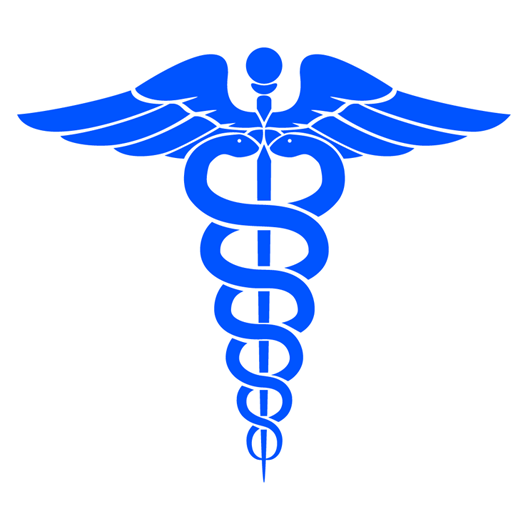
- The healing power of nature- nature has the innate ability to heal
- Identify and treat the cause – there is always an underlying cause, be it physical or emotional
- Do no harm- a Naturopath will never use treatments that may create other conditions
- Treat the whole person- when preparing a treatment plan, all aspects of a person’s being are taken into consideration
- The Naturopath as a teacher – a Naturopath empowers the patient to take responsibility for his/her own health by teaching self-care
- Prevention is better than cure – a Naturopath may remove toxic substances and situations from a patient’s lifestyle to prevent the onset of further disease
“The body has this capacity to heal itself if given the right conditions and naturopathy, along with acupuncture, homoeopathy, herbal medicine, and most other holistic modalities subscribes to this basic understanding of the body’s own innate intelligence.
Modern day Naturopathy:
- Modern orthodox medicine, apart from all its positive and beneficial attributes, does not subscribe to this idea of wholism or to the importance of prevention.

- As long ago as the second century BC, the Yellow Emperor, in the Classic of Internal Medicine, said A doctor who treats a disease after it has happened is a mediocre doctor..a doctor who treats a disease before it happens is a superior doctor.
- Indeed Chinese physicians were paid to keep their patients healthy and were either dismissed or not paid if the patient became ill.
- This ensured a health system, not an ill health system, as we know it. Unfortunately this understanding has changed to a new paradigm-wait until it is broken and then fix it.
- This is not intelligent medicine and part of a Naturopath’s role is empowering the patient to take responsibility for his or her own health. This is not always an easy task amid a hostile environment of toxins and chemicals.
What does a treatment consist of:
- An initial consultation with a Naturopath normally takes about an hour. During this time the Naturopath will ask questions about the person’s condition, medical history, diet and lifestyle, and any conventional treatments that they may be taking.
- The consulting Naturopath may then use Iridology (looking into the iris), or tongue and nail diagnosis to get a better picture of the complete health state of the client. If needed, pathology testing such as hair, stool, or blood analysis may be recommended.
- Once all of the information is gathered, a treatment plan is formulated that addresses all areas of the person’s life, providing the body with the optimum chance to heal itself.
- The treatment plan may include advice on diet, lifestyle, exercise, herbal medicine, homeopathic treatments, or other suitable remedies. A Naturopath may also refer the client to other practitioners as part of an integrated health care approach.
Principles of Naturopathy
Naturopathy is based on principles and employs various therapies and diagnostic tools. As long as a therapist follows these Naturopathic Principles he can be called a Naturopathic Therapist. The Naturopathic Principles are:
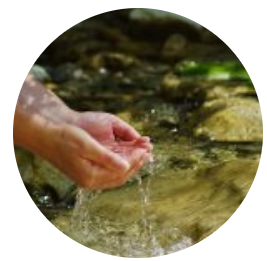 1. The Healing Power of Nature The body can heal itself, given the right condition and treatment. There is a ‘Vital Force’ which is stimulated to promote health.  5. Education:The Naturopath educates his patients by bringing a better understanding of health, how to maintain it and how to avoid getting sick. This way the patient can take responsibility for himself.
|
Diet Therapy:
Eliminative Diet: Liquids-Lemon, Citric juices, Tender Coconut water, Vegetable soups, Butter milk, Wheat Grass juices etc.
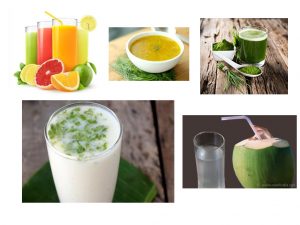
Soothing Diet: Fruits, Salads, Boiled/Steamed Vegetables, Sprouts, Vegetable chutney etc.
 Constructive Diet: Wholesome flour, Unpolished rice, little pulses, Sprouts, Curd etc.
Constructive Diet: Wholesome flour, Unpolished rice, little pulses, Sprouts, Curd etc.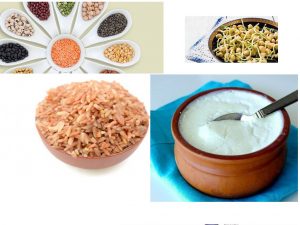
Our diet should consist of 20% acidic and 80% alkaline food for maintaining health. A balanced food is a must for any individual seeking good health. Food is regarded as Medicine in Naturopathy.
